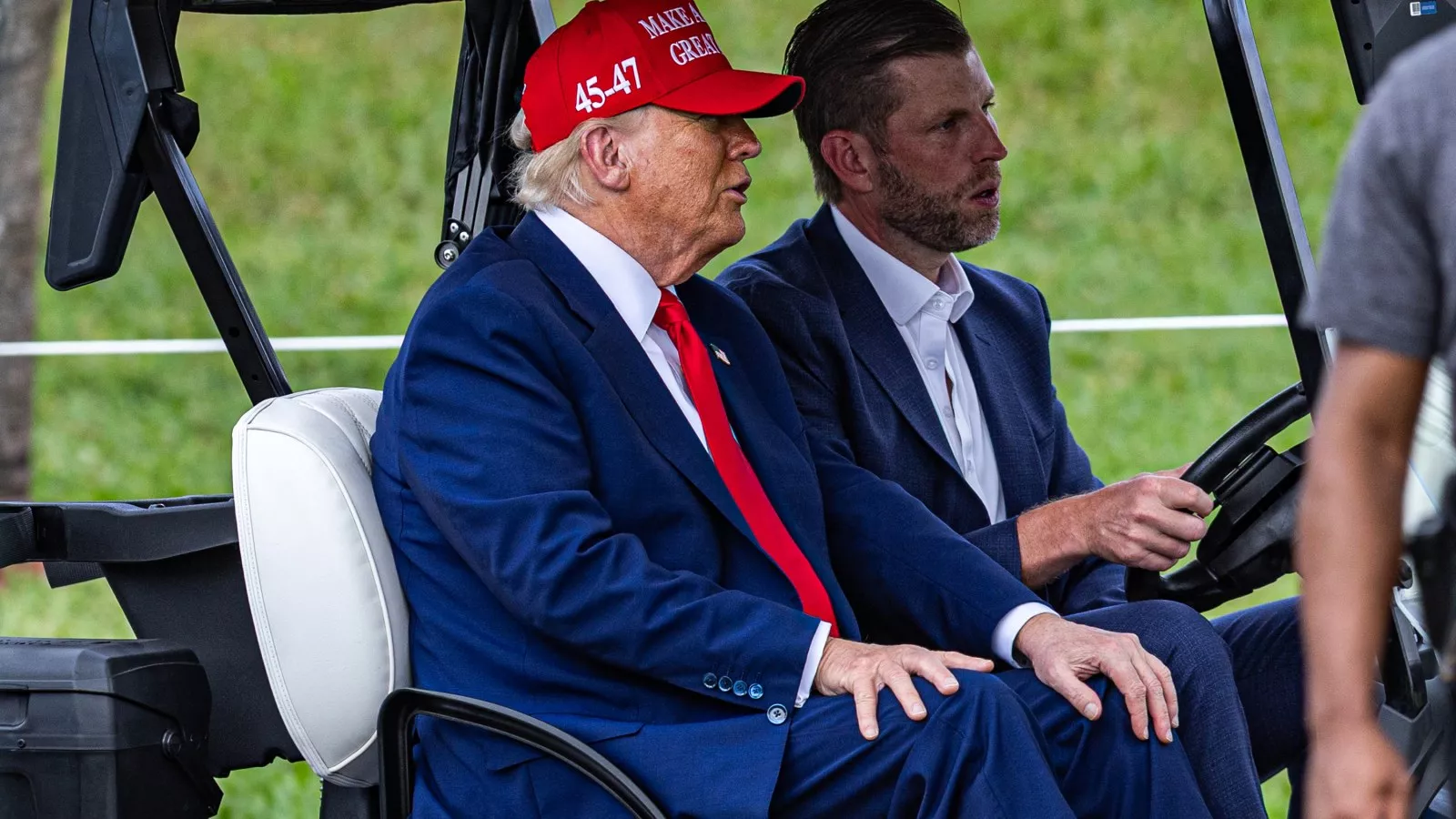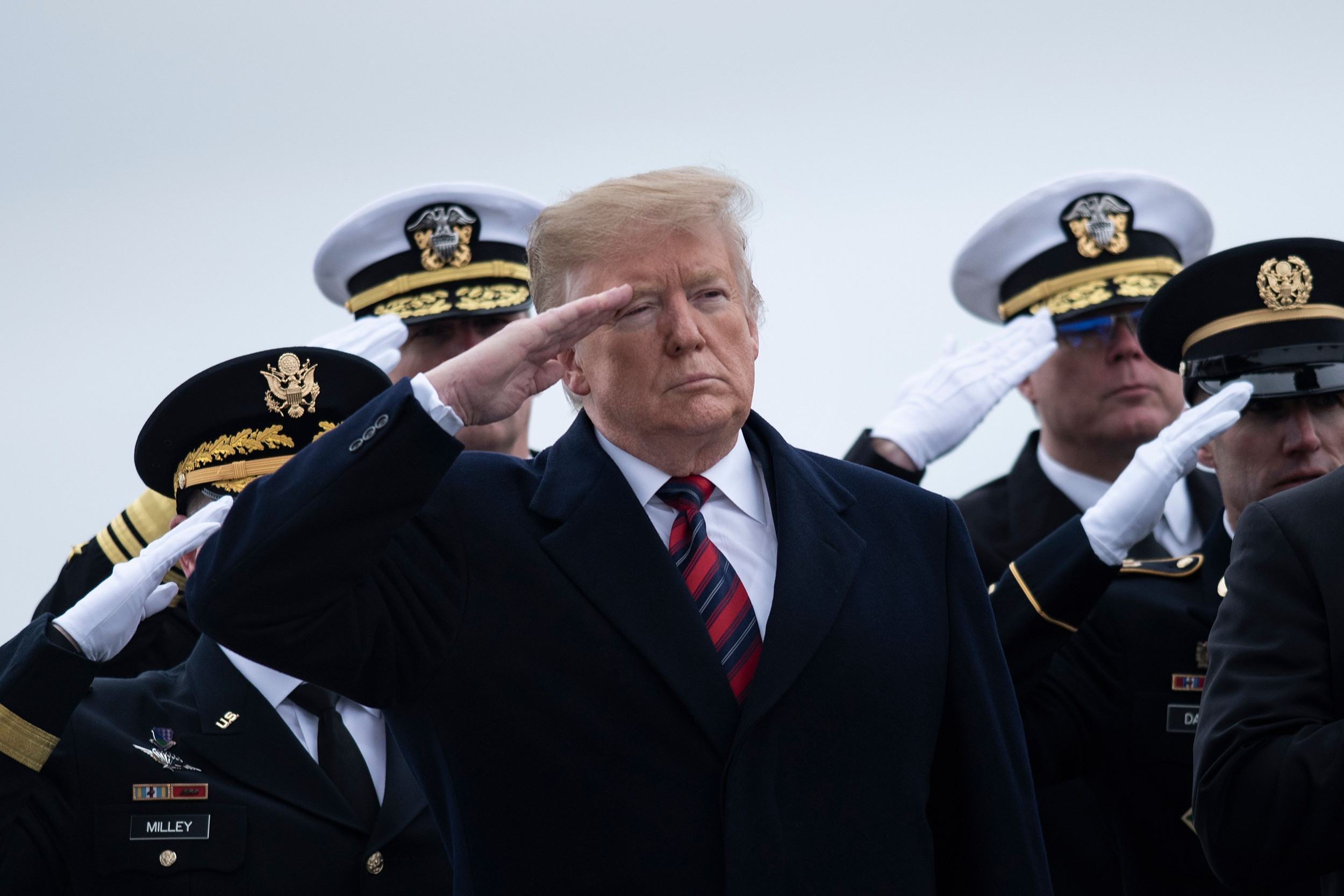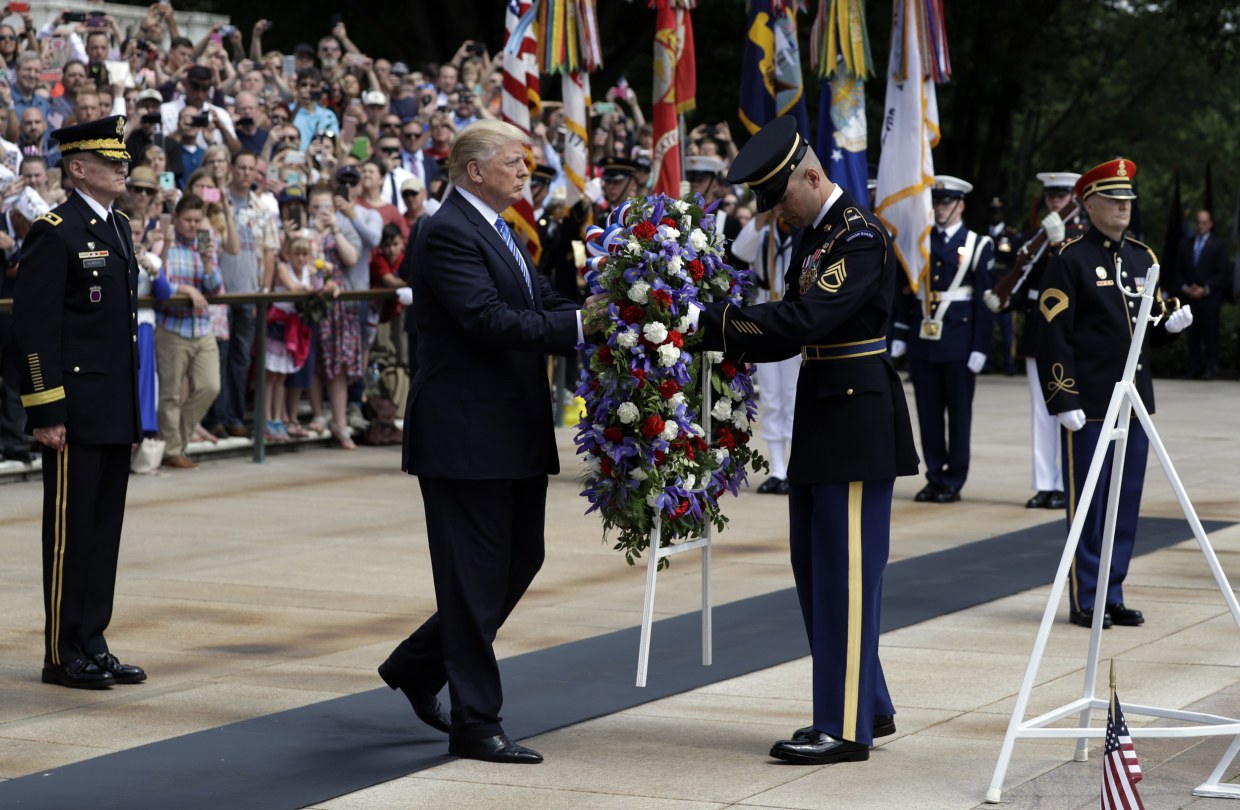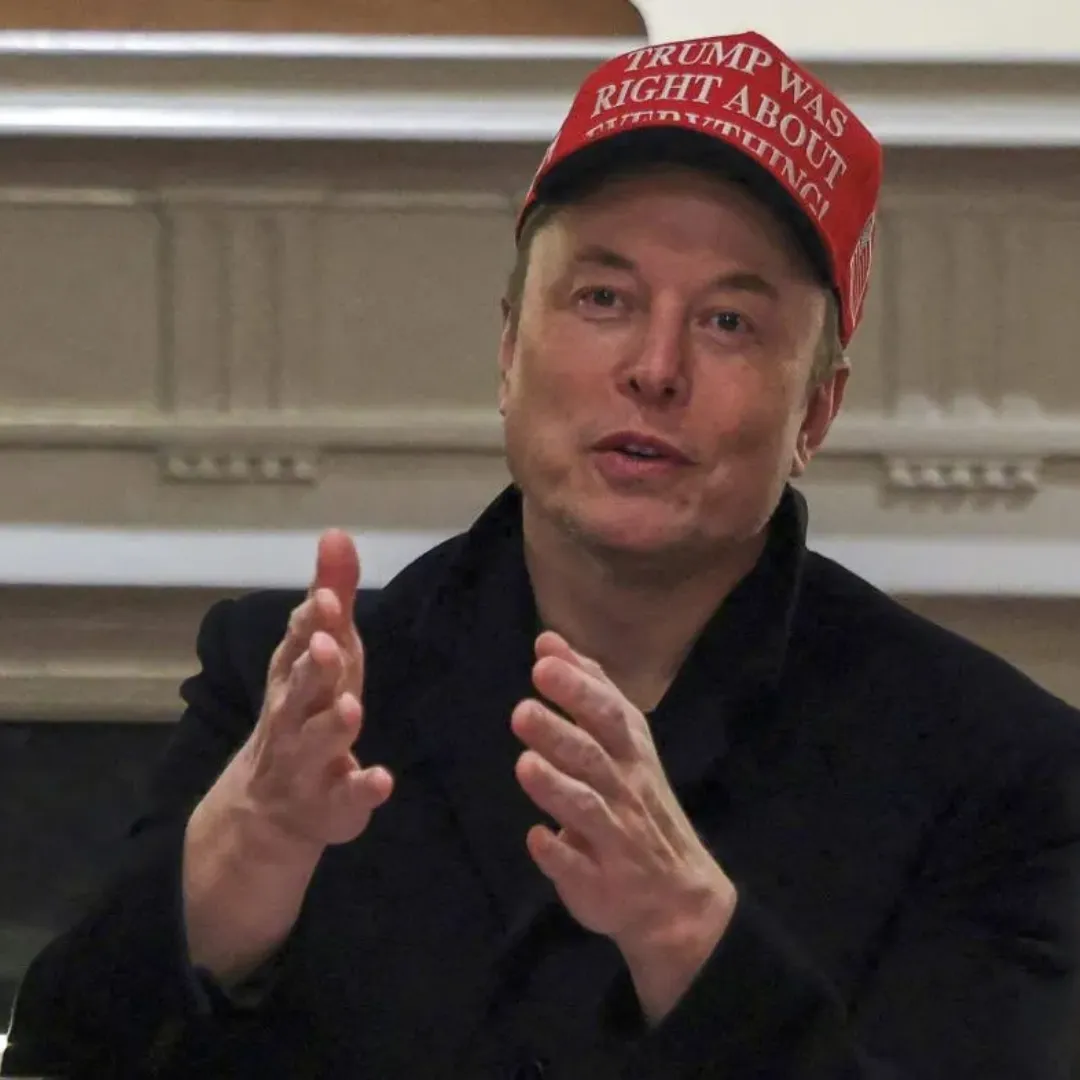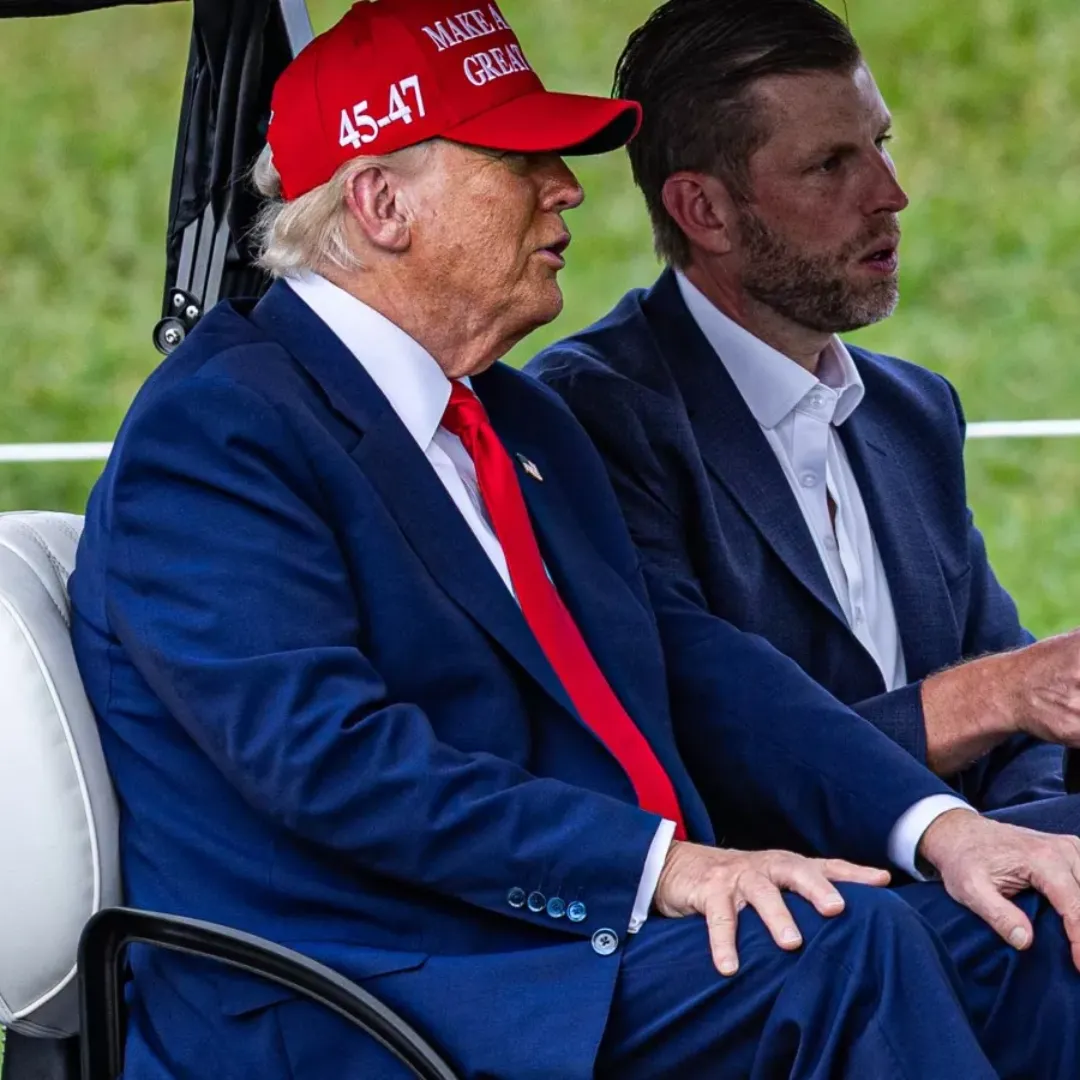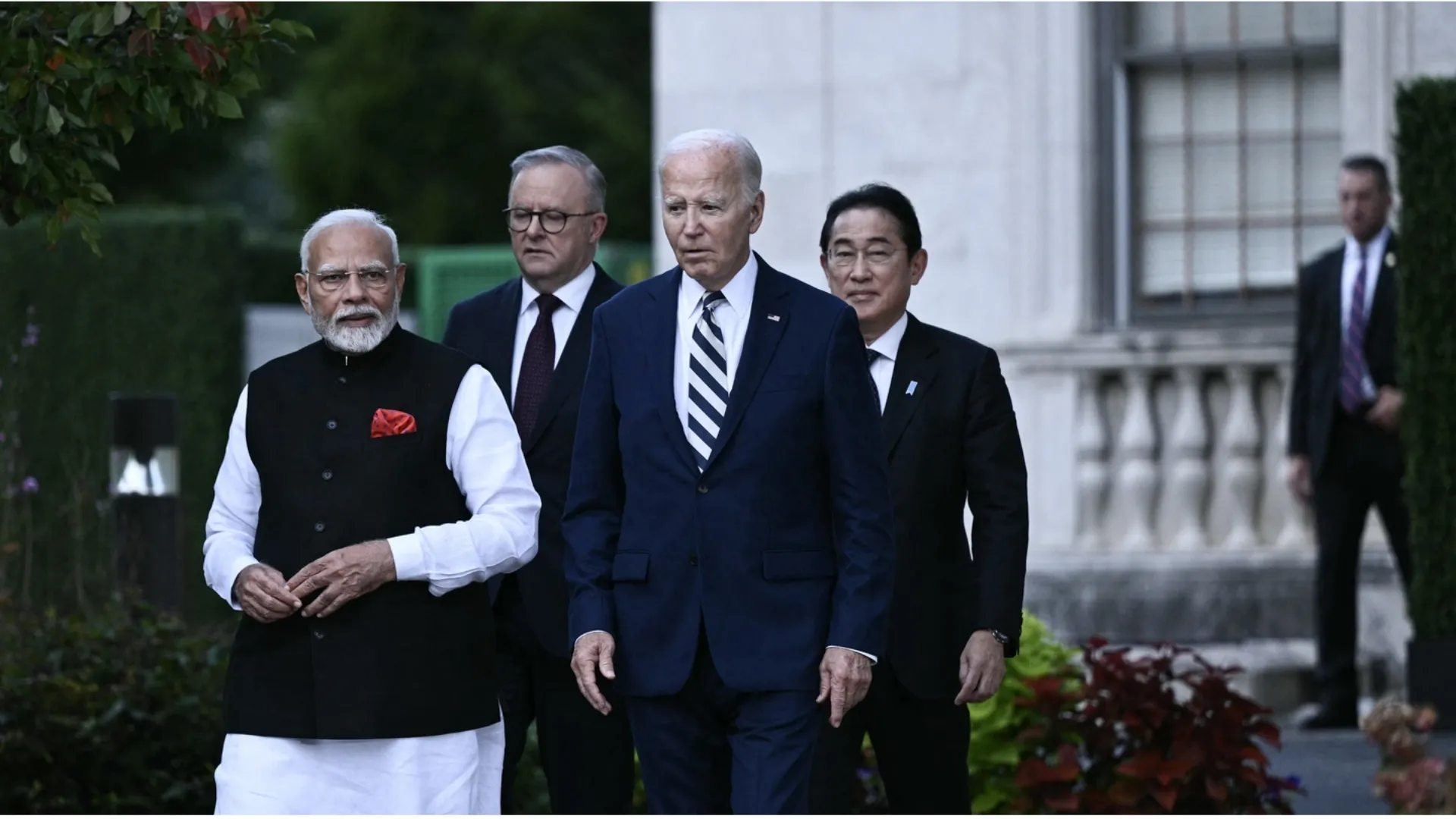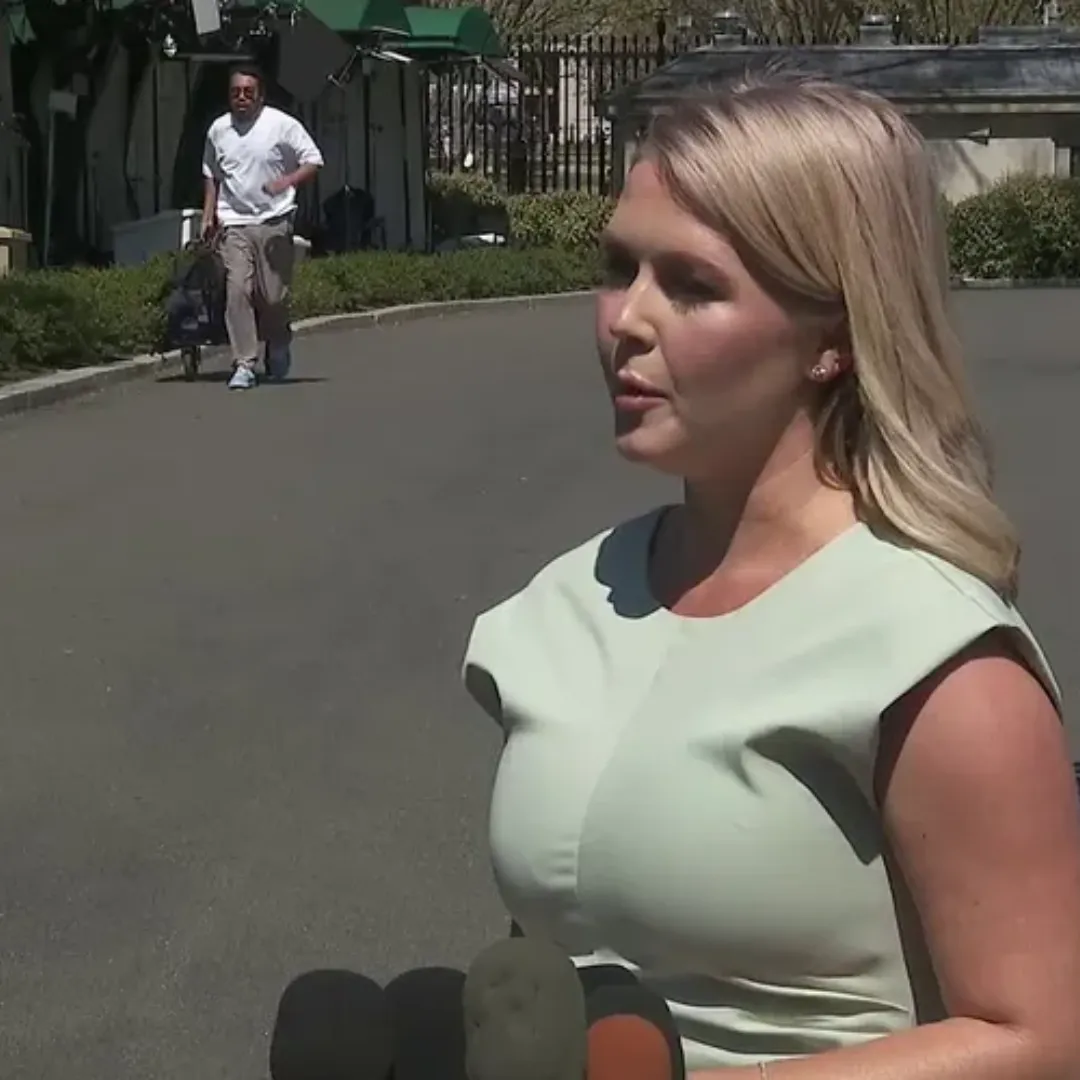President Donald Trump will not attend the dignified transfer ceremony of four U.S. service members killed during a training mission in Lithuania, the White House confirmed Monday. The decision has drawn heavy criticism, especially given the solemn weight of the event and Trump’s long history of skipping similar ceremonies.
Instead, Defense Secretary Pete Hegseth will represent the administration at Dover Air Force Base, where the bodies of the four fallen soldiers are scheduled to arrive.
The dignified transfer — a deeply respected tradition in military culture — serves as the nation’s formal, final honor to its fallen heroes. It is also a moment where the Commander-in-Chief is often expected to appear in person, to offer comfort to grieving families and publicly honor the dead.
But this Friday, Trump will be elsewhere: attending a dinner reception at his Mar-a-Lago resort in Florida, according to the president’s public schedule.
The dignified transfer is not just another ceremony — it is one of the most sacred military traditions observed by the U.S. Armed Forces. Each transfer is carefully choreographed. Uniformed soldiers carry flag-draped coffins off a military aircraft in silence, as families look on in anguish and reverence.
The president’s presence, while not mandatory, is considered a powerful symbol of national respect. For many families, it’s the only personal acknowledgment they’ll receive from the nation’s leader for their loved one’s sacrifice.
Yet Trump has rarely participated in these events. A 2020 HuffPost report noted that during his first term, he attended only four of the 96 dignified transfers held between 2017 and 2020.
And now, during his second term, critics argue that little has changed.
The four soldiers who lost their lives were identified as:
-
Sgt. Troy S. Knutson-Collins, 28
-
Spc. Jose Duenez Jr., 25
-
Sgt. Edvin F. Franco, 25
-
Pfc. Dante D. Taitano, 21
All were members of the 1st Armored Brigade Combat Team, 3rd Infantry Division — a Georgia-based unit deployed as part of NATO training operations in Eastern Europe.
On March 25, the soldiers went missing during a nighttime tactical exercise in rural Lithuania. Their armored vehicle was later discovered submerged in a peat bog, and recovery crews required several days to retrieve their remains due to treacherous conditions.
Lithuanian President Gitanas Nausėda personally attended a farewell ceremony at the airport in Vilnius, honoring the soldiers as they were repatriated to the United States.
The White House confirmed that Trump would not be attending the transfer ceremony at Dover, releasing a brief statement through Press Secretary Karoline Leavitt: “The Secretary of Defense will represent the Administration at the dignified transfer for the four brave U.S. service members who tragically died during a training exercise in Lithuania.”
Trump, meanwhile, has remained publicly silent about the fallen troops on his Truth Social account — instead posting content about his ongoing legal battles and upcoming golf club appearances.
That silence hasn’t gone unnoticed.
Zac Petkanas, a former senior adviser to Hillary Clinton, posted on X (formerly Twitter): “Trump is refusing to go to Dover Air Force Base to meet the coffins of the four US soldiers who died in Lithuania.
He’s attending a golf dinner reception instead. However, the Lithuanian president found time to meet our soldiers' coffins at his airport.”
This is not the first time Trump has drawn criticism over his handling of military deaths. During his first term, Trump faced backlash for his delayed response to the deaths of four Green Berets in Niger in 2017.
When questioned about his lack of comment, he claimed falsely that former presidents didn’t call the families of fallen troops.
Later that same year, Trump’s controversial phone call to the widow of Sgt. La David Johnson was criticized by the soldier’s family and Rep. Frederica Wilson, who said Trump told the grieving widow that her husband “knew what he signed up for.”
In 2018, The Atlantic reported that Trump allegedly referred to U.S. war dead as “suckers” and “losers” — a claim Trump denies, though several anonymous sources stood by the reporting.
While Trump’s record on dignified transfers has been criticized, it’s worth noting that former President Joe Biden also had limited appearances. During his tenure, Biden attended two such ceremonies — one in August 2021 following the deaths of 13 service members in Kabul, and another in February 2024 for soldiers killed in Jordan.
Still, critics argue that Biden offered greater transparency and public empathy, often releasing detailed statements and meeting privately with families. Trump, on the other hand, has consistently chosen to keep his distance — often opting instead for rallies, golf outings, or political fundraisers.
According to the White House, Trump will be attending a 7:30 p.m. dinner at Mar-a-Lago on Friday night — likely a fundraising or social event with allies and donors. The optics of skipping a solemn military honor to attend a golf club reception have not gone unnoticed.
“It’s not just about policy anymore,” said one retired Army colonel who asked to remain anonymous. “It’s about what kind of leader you are. And when the Commander-in-Chief can’t make time to honor the dead, that says something — loud and clear.”
For families of service members, the dignified transfer is one of the few moments where their sacrifice is seen and acknowledged on a national level. When the president shows up, it means something. And when he doesn’t, that absence is also felt.
Gold Star families — those who have lost loved ones in service — have often been vocal about the emotional importance of these ceremonies.
“I didn’t vote for Trump, but I would have appreciated him being there when my brother came home in a box,” one woman posted on Reddit in response to the news.
As the nation prepares to receive four young soldiers who gave their lives in service, the ceremony will go on — as it always does — even without the president in attendance.
:max_bytes(150000):strip_icc():focal(749x0:751x2)/trump-skips-soldier-salute-for-golf-2-040425-9516ef2aeb2941d0960574f3c398978d.jpg)
At Dover Air Force Base, a military aircraft will land. The flag-draped coffins will be carried down a ramp by solemn, practiced hands. Taps will play. Families will weep. And the nation, once again, will say goodbye to sons it sent overseas — while its leader is 1,000 miles away, eating shrimp cocktail under crystal chandeliers.
For some, that image is politics as usual. For others, it’s a betrayal of the values Trump claims to uphold.
